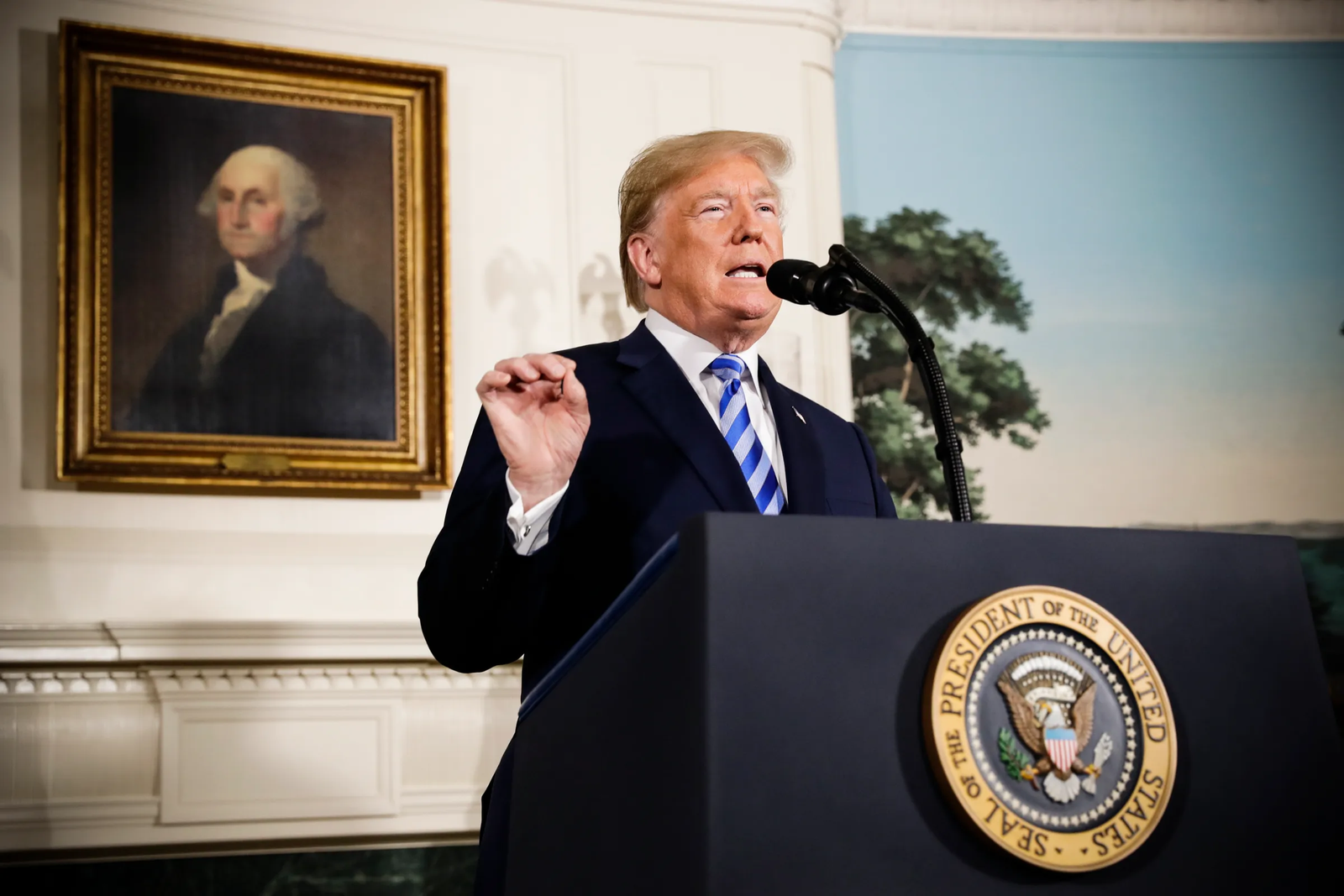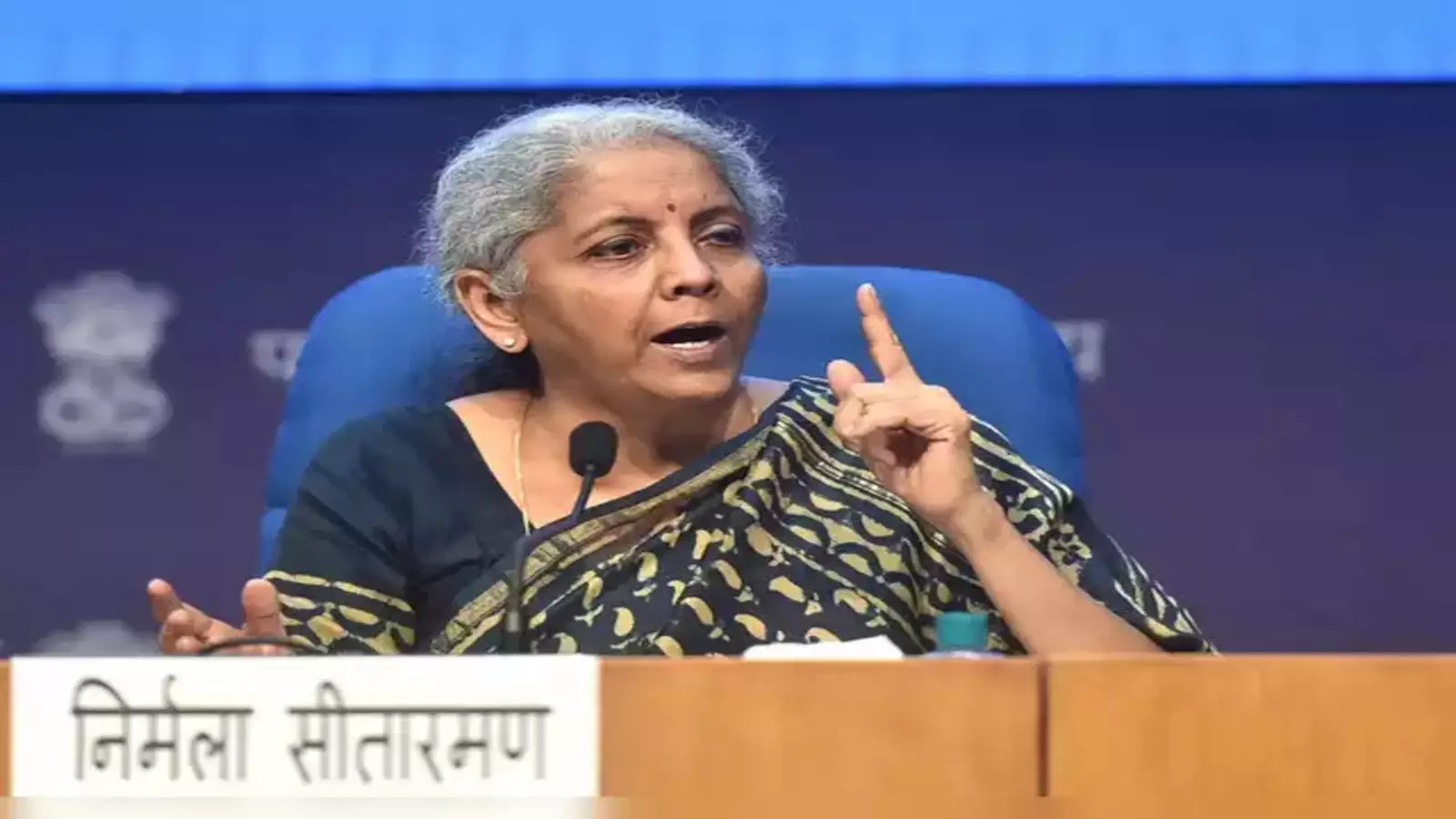The world of finance and regulation is no stranger to controversy, but the latest skirmish involving Hindenburg Research and SEBI Chief Madhabi Puri Buch has taken things to a whole new level. On Sunday, Hindenburg responded to Buch's recent claims of a "character assassination" with a fiery retort, accusing her of downplaying serious conflicts of interest involving her investments in offshore funds tied to the Adani Group. The plot thickens as Hindenburg demands transparency and a full public investigation. Let's unravel this complex story.
The Allegations: A Closer Look at Hindenburg’s Claims
Hindenburg Research, a firm known for its forensic financial investigations, has taken aim at SEBI chairperson Madhabi Puri Buch and her husband, Dhaval Buch, alleging that they had undisclosed investments in offshore funds based in Bermuda and Mauritius. These very funds are reportedly linked to Vinod Adani, the elder brother of Adani Group’s chairman Gautam Adani. According to Hindenburg, these funds were allegedly used to round-trip money and inflate the stock prices of Adani companies.
The crux of Hindenburg’s allegations is that these investments were not only hidden from the public eye but were also a glaring conflict of interest, given that SEBI was tasked with investigating investment funds related to the Adani case. Hindenburg insists that Buch's financial ties to these funds compromise the integrity of SEBI's investigation.
Madhabi Buch's Defense: Private Citizen or Public Servant?
In response to these allegations, Madhabi Buch and her husband issued a joint statement vehemently denying any wrongdoing. They clarified that the investments in question were made in 2015, long before Madhabi’s appointment as a full-time SEBI member in 2017, and were done in their capacity as "private citizens living in Singapore." The Buchs also noted that these funds became dormant once Madhabi assumed her role at SEBI.
However, Hindenburg remains unconvinced. They argue that simply being a private citizen at the time of investment doesn’t erase the conflict of interest that arose once Buch became the head of SEBI, especially since SEBI was investigating the very funds in which she had invested. Hindenburg has also questioned the timing and transparency of these investments.
The Mauritius Connection: Who Is Anil Ahuja?
A key figure in this unfolding drama is Anil Ahuja, a childhood friend of Dhaval Buch and the founder of the Mauritius-based IPE Plus Fund. Hindenburg identified Ahuja as a central player in the alleged scheme involving Adani Group shares. According to the Buchs, their investment in the offshore funds was made on Ahuja’s advice. This connection further complicates the narrative, raising questions about the true nature of these investments and their implications for SEBI’s regulatory duties.
Dormant or Active? The Consulting Companies Under Scrutiny
Adding to the controversy, Hindenburg has scrutinized the two consulting companies that Madhabi Buch established—one based in India and the other in Singapore. According to Buch, these companies became dormant once she joined SEBI in 2017. However, Hindenburg’s investigation suggests otherwise.
Per their findings, the Indian entity, Agora Advisory Limited, is still active and continues to generate consulting revenue, with Madhabi Buch reportedly owning 99% of the company’s shares as of March 31, 2024. Hindenburg alleges that Buch’s Singaporean consulting firm, Agora Partners Singapore, did not publicly report its financials, making it impossible to determine how much revenue was generated during her tenure at SEBI.
Questions of Transparency: Hindenburg’s Demands for Public Disclosure

Hindenburg is not content with the Buchs' explanations and has raised several pointed questions regarding Madhabi Buch's transparency and potential conflicts of interest. They demand that she publicly disclose a full list of consulting clients and the details of her engagements, both through her Indian and Singaporean firms, as well as any other entities she or her husband might be involved with.
Moreover, Hindenburg is calling for a full, transparent, and public investigation into these issues, arguing that anything less would be a disservice to the integrity of SEBI and the trust placed in it by the Indian public.
Read More: todays stock market news and analysis
SEBI’s Stance: A Defense of Its Chief
In response to the escalating controversy, SEBI has come out in defense of its chairperson. The regulatory body released a two-page statement asserting that Madhabi Buch had made all relevant disclosures from time to time and had recused herself from matters where potential conflicts of interest might arise.
SEBI’s statement was an attempt to quell concerns, but it has done little to silence critics who argue that more transparency is needed, especially in light of Hindenburg’s damning allegations.
The Adani Group’s Denial: No Ties to Buch
Amid the swirling accusations, the Adani Group has also issued a statement, denying any commercial dealings with Madhabi Buch. They have distanced themselves from the controversy, reiterating that Buch and her husband’s investments in the IPE Plus Fund 1 represented less than 1.5% of the total inflows and did not include investments in Adani Group shares.
This denial, however, does not address the broader concerns about conflicts of interest and the integrity of SEBI’s investigations.
The Financials Under the Microscope: Revenue Generated During Buch’s Tenure
Hindenburg has also shed light on the financials of Buch’s Indian consulting firm, revealing that it generated INR 23.985 million (approximately $312,000) in revenue during the financial years 2022, 2023, and 2024, while Buch was serving as SEBI Chairperson. This revelation raises further questions about her role in the company and whether these earnings present a conflict with her duties as the head of India’s top financial regulatory body.
Ethical Concerns: Whistleblower Documents Add Fuel to the Fire
In a new twist, Hindenburg has cited whistleblower documents that suggest Madhabi Buch took steps to distance herself from accounts tied to the Adani Group just weeks before her appointment as SEBI’s Whole Time Member in 2017. According to these documents, she transferred these accounts to her husband's name, a move that Hindenburg claims could indicate an attempt to obscure her financial ties.
These documents also reportedly show that Buch redeemed stakes in the funds through her husband’s name a year into her term at SEBI, further muddying the waters and raising concerns about other potential investments or business interests that may conflict with her regulatory role.
Public Trust and Regulatory Integrity: What’s at Stake?
At the heart of this controversy is the issue of public trust in regulatory institutions. SEBI, as India’s financial watchdog, is tasked with maintaining the integrity of the markets and ensuring that all players, from small investors to large corporations, operate on a level playing field. The allegations against Madhabi Buch, if proven true, could erode public confidence in SEBI and raise doubts about its ability to act impartially.
Hindenburg’s Final Questions: A Call for Transparency
Hindenburg concludes its latest salvo by asking some critical questions: Will Madhabi Buch commit to complete transparency by releasing a full list of her consulting clients? Will she provide details of her engagements, both through the offshore Singaporean firm and the Indian entity? And most importantly, will there be a full, transparent, and public investigation into these issues to restore trust in SEBI’s regulatory oversight?
Conclusion
The battle between Hindenburg Research and SEBI Chief Madhabi Puri Buch is more than just a clash of personalities; it’s a test of the transparency and integrity of India’s financial regulatory system. As the calls for a public investigation grow louder, the coming days will be crucial in determining how this story unfolds and what impact it will have on the broader financial landscape in India.
Read More: Arvind Kejriwal Moves Supreme Court
Final Thoughts
In a world where the lines between private interests and public duties often blur, the need for transparency and accountability has never been greater. As this case continues to develop, it serves as a reminder that those in positions of power must be held to the highest standards of integrity to ensure that the public’s trust is not misplaced
Other Popular News Post:
Tata IPO | Tata Motors Share Price | Tata Technologies Innovation Center in Coimbatore | The New Chapter of Tata Steel Canteen 2024 | Lok Sabha Election Date 2024 | Tata Power Share Price Target 2025 | Anant Ambani Marriage | Covid Cases Spike in Delhi | National Creators Award 2024 | What is CAA | Electoral Bonds Data | Shri Kashi Vishwanath Mandir | International Day of Action for Rivers 2024 | Electoral Bonds Data Updates | GATE Exam Fees
Explore other popular Posts:
Blog | News | Entertainment | Education | Sports |
Technology | Cryptocurrency | Stock | Home | Sitemap





